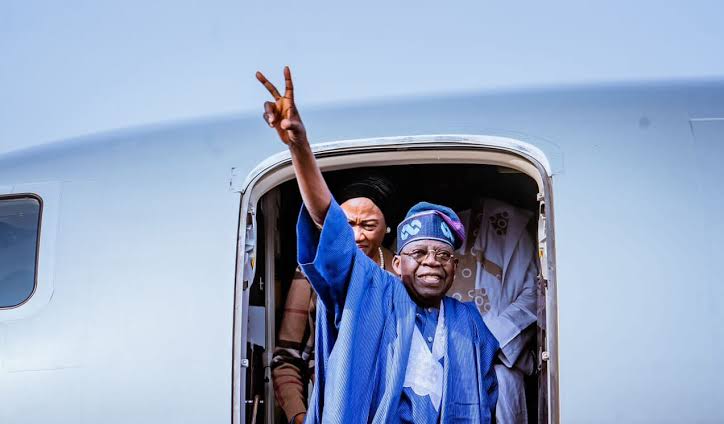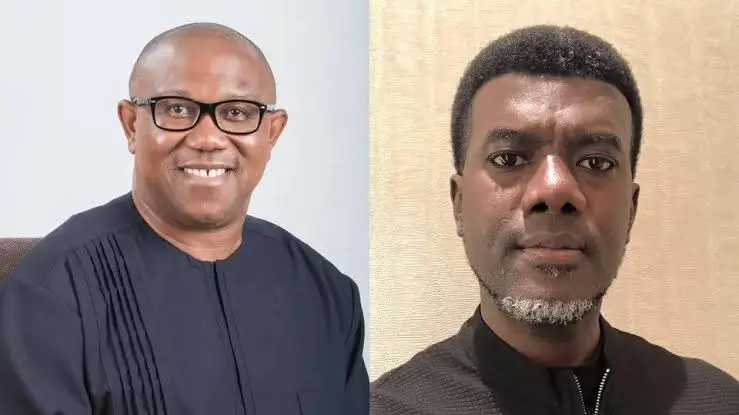Some telecoms stakeholders on Thursday mentioned that return on funding in infrastructure may solely be achieved in main cities the place there was relative stability and a prepared market.
Mike Ofili, Chief Executive Officer of Coloplus, a tower infrastructure firm, buttressed that comment throughout the West Africa Telecoms Infrastructure Summit and Exhibition, WATISE, organised by Technology Mirror in Lagos.
The theme of the occasion was: “The Future of Infrastructure Connectivity and Services: A New Interdependent of Ecosystem of Partners.”
Mr Ofili mentioned that almost all telecoms infrastructure are concentrated in main cities, due to the potential of vandalism, insecurity, and excessive right-of-way costs skilled throughout the nation.
He mentioned that this defined why in a number of components of the nation outdoors the three main cities – Lagos, Abuja and Port- Harcourt – many Nigerians are still on 2G networks.
Mr Ofili famous that Right-of-Way costs are additionally excessive within the main cities, particularly Lagos, however operators are capable of maintain infrastructure deployment with greater returns from the state.
Speaking on why operators needed to decelerate their enlargement into rural areas, he mentioned that almost all telcos needed to pay via their noses to put fibre cables.
“I can tell you that 90 per cent of the data centres in Nigeria are in Lagos and I don’t know how you want to achieve 70 per cent broadband penetration in Nigeria with almost all the data centres in Lagos.
“It is very difficult to lay fibre cables across many communities in Nigeria, you cannot cross any community without paying different people.
“You cannot build towers without going through different communities of people demanding all kinds of things,” Mr Ofili mentioned.
He defined that if one didn’t meet the calls for of the communities, they might both not can help you deploy or vandalise your gear.
“There are many states that operators cannot go to lay fibre because they will need heavy security.
“Operators have lost many of their engineers to insecurity in the North while trying to deploy infrastructure.
“To deploy infrastructure in some communities that are considered important, operators have to negotiate with the people and align with them” Mr Ofili mentioned.
In his remarks, Spencer Itive, the Managing Director, RS Engineering Global Ltd., mentioned that authorities had not paid sufficient consideration or prioritised its declaration of telecoms infrastructure as vital nationwide belongings.
According to him, the constant assault on telecoms infrastructure throughout the nation underscores this.
“We are yet to see the commitment of the government with regards to protection of telecom infrastructure.
“This is why every community sees the deployment of infrastructure as a favour to the telecom operators,” Mr Itive mentioned.
On the way forward for infrastructure connectivity, he mentioned that every one stakeholders within the sector needed to perceive that no single entity may meet the multifaceted calls for of the digital age in isolation.
“A fancy tapestry of partnerships now weaves collectively telecom firms, expertise giants, governments and a thriving ecosystem of startups.
“These partnerships will redefine the boundaries of what’s doable in telecommunications.
Also talking, Rachael Orumor, the Chief Executive Officer, Sens Orbit Nigeria, mentioned that over 20 million companies throughout Africa use expertise to work together with their purchasers and potential clients.
According to Ms Orunor, the components driving digital transformation in West Africa are growing funding in infrastructure, rising consciousness of the advantages of expertise and a supportive regulatory atmosphere.
She famous that nevertheless, there was restricted entry to training, particularly for individuals in rural areas, who do not need entry to high-speed web or dependable cell service.
NAN



